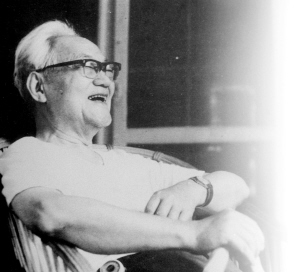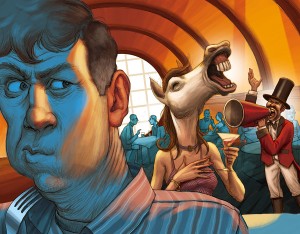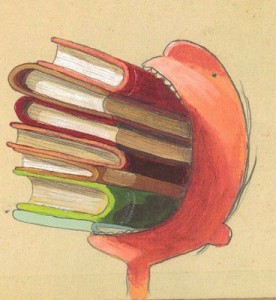 “How do you get published?” Someone asked.
“How do you get published?” Someone asked.
“You submit.”
That’s the bottom line. It’s easy to say but it takes just as much discipline to send out a poem as to write one. (Much of the time, writing is easier than sending.) I have failed this particular new year resolution time and again; failed to submit even just once a month. What’s the problem? Submission is not poetry. It is work of the tedious kind: reading requirements, guidelines, following directions, licking stamps, etc. And when the rejection letters come in, they reaffirm my reason for not submitting.
Occasionally I get excited when the ad says contest winner gets to give a reading. I am a sucker for such privilege. It gets me going and dreaming a little. It’s good to dream.
Image taken from: pcmailingservices.com









